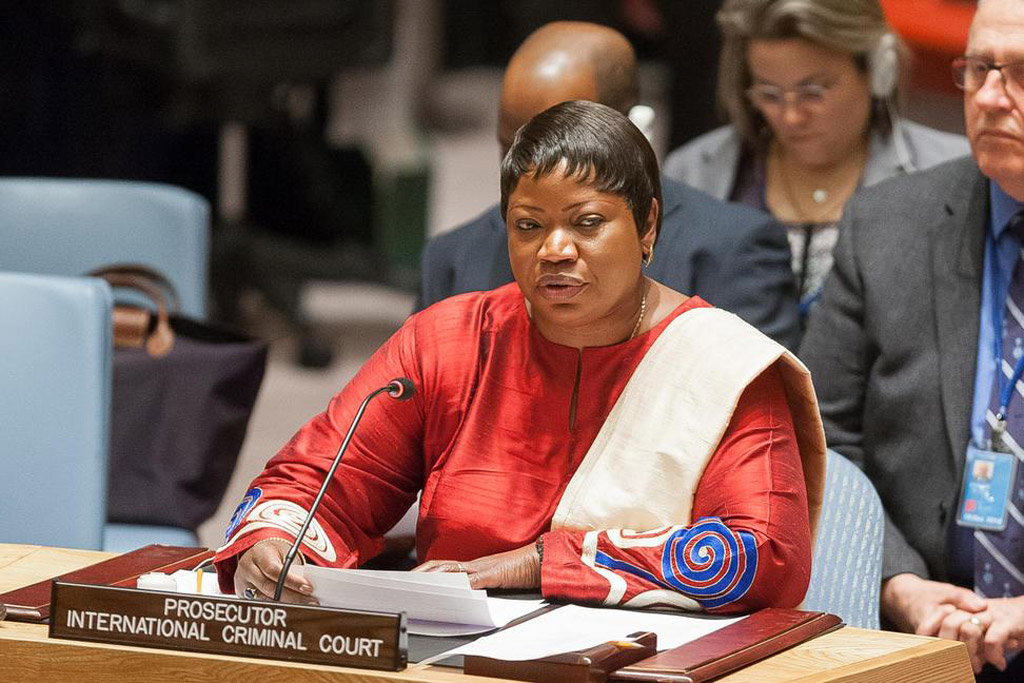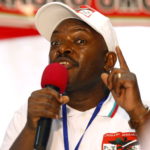Many countries including Nigeria and Tanzania have pledged support for the International Criminal Court following the announced withdrawal by three African nations, but Kenya, which the tribunal is investigating, was sharply critical and questioned its long-term survival.
Many in the General Assembly called for talks between the ICC and the African Union in hopes of addressing the continent’s concerns and reversing the decisions to leave by Burundi, South Africa and Gambia.
Kenyan Ambassador Tom Amolo didn’t say whether his country would also leave, but he told the 193-member world body that his country was monitoring the withdrawals “with very keen interest.”
Nigeria, Africa’s most populous country, as well as Senegal, the first country to ratify the Rome Statute that established the court, and Tanzania reiterated their support for the ICC, stressing the court’s importance in combatting impunity for the world’s most atrocious crimes, including genocide.
The ICC has been accused of bias by some African leaders because since the Rome treaty came into force in 2002, only four people have been convicted of war crimes and crimes against humanity. Three were from Congo and one from Mali. So far, it has indicted only suspects from Africa, and of the 10 full-scale investigations currently underway, nine are in Africa and only one elsewhere — in the former Soviet republic of Georgia.
But the ICC is expanding its global reach. It is currently conducting 10 so-called preliminary examinations — probes to establish whether to open a full investigation — in countries including Afghanistan, Ukraine and Colombia, as well as the Palestinian territories and alleged crimes by British forces in Iraq.
ICC President Judge Silvia Fernandez de Gurmendi, presenting the court’s annual report to the assembly, said two trials are under way and another is set to start soon. And following convictions, she said, proceedings for reparations for victims are under way in four cases.
But Kenya’s Amolo called the ICC’s “dismal output of tangible results … disheartening and simply confounding.”
He accused the court of having lower standards than national courts and warned that “something radical and urgent must be done if this court is to stand any chance of long-term survival as a viable and credible international institution.”
The ICC indicted Kenyan President Uhuru Kenyatta on charges of crimes against humanity for 2007 post-election violence in which more than 1,000 died. The case collapsed because of what the ICC prosecutor called threats to witnesses, bribery and lack of cooperation by Kenya’s government, but it remains open.
Amolo said African countries “have tried to engage constructively” with the ICC with little success.
Tanzania’s U.N. Ambassador Tuvako Manongi said the court’s “particularly tumultuous relationship with Africa … has engendered fear of an African exodus from the court.”
But he said “that need not be the case,” pointing to the African Union’s commitment to justice and the rule of law.
Manongi called for “confidence building measures” on how the ICC functions and interacts with the 124 countries that have ratified the Rome Statute.
“All too often avoidable misunderstandings, when left unattended or dismissed as inconsequential, grow into regrettable outcomes,” he said. “Lectures and claims of high moral ground from outside the continent are unhelpful.”
Senegal’s Minister Counsellor Abdoulaye Barro called for dialogue and expressed hope “that a consensus can be found so that Africa will continue to play a major role in the fight against impunity.”
New Zealand’s U.N. Ambassador Gerard von Bohemen said “better engagement” with the AU and African nations is needed. And he expressed hope that in the coming year, before the withdrawals take effect, “there is room for meaningful dialogue on a potential resolution and to provide for a pathway back to the court.”
Joao Vale de Almeida, the European Union’s U.N. envoy, put the challenge succinctly: “The world needs the ICC, and the ICC needs all countries to support it.







